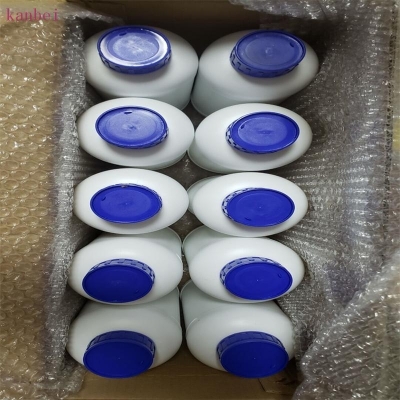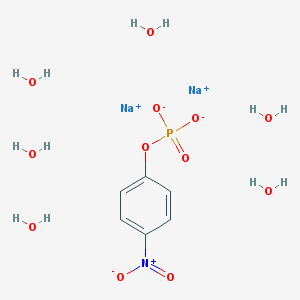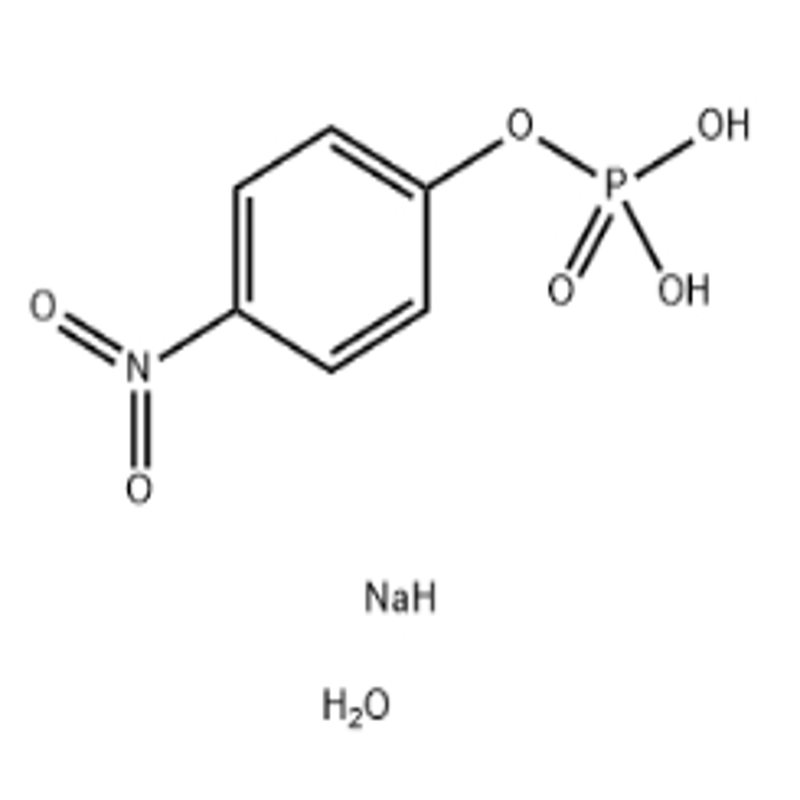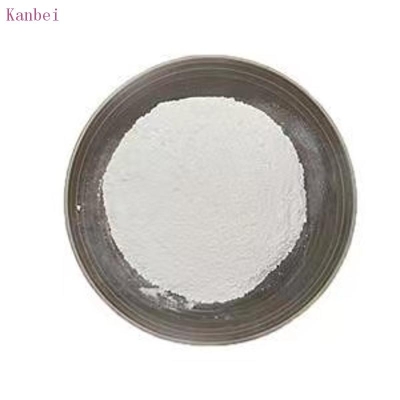Chemical Reagents
- • Deuterated Reagents (124)
- • Organic Reagents (9950)
- • Silane Reagent (852)
- • Chiral Chemicals (23)
- • Grignard Reagent (5)
- • Desulfurizer (20)
Related News
-
What Reagent Is Used To Test For Starch
2022-03-03 -
Meditex Bangladesh2019
2018-11-09 -
International Exhibition for Laboratory Equipment and Chemical Reagents
2017-06-20
Sort Organic Reagents Alphabetically
Organic Reagents
4-Bromocatechol
(17345-77-6)-
- / 99.00%
-
Industrial grade / 99%
-
Pharmacy Grade / 99%
-
Industrial Grade / 99%
Request for quotation , get quotes from more suppliers.
4-NITROPHENYL PHOSPHATE DISODIUM SALT HEXAHYDRATE
(333338-18-4)-
- / 99.00%
-
Reagent Grade / 99%
$350-400/KG FOB
-
Research and Industrial Grade / 98.00%
-
for enzyme immunoassay / -
Request for quotation , get quotes from more suppliers.
-
- / 99.00%
-
Industrial Grade / 99%
-
![1-Ethynyl-4-pentylbenzene buy 1-Ethynyl-4-pentylbenzene]()
Industrial Grade / 99%
-
![1-Ethynyl-4-pentylbenzene buy 1-Ethynyl-4-pentylbenzene]()
Request for quotation , get quotes from more suppliers.
-
- / 99.00%
-
![4-Ethoxybenzoyl chloride buy 4-Ethoxybenzoyl chloride]()
Industrial Grade / 99.0%
-
![4-Ethoxybenzoyl chloride TOP1 supplier buy 4-Ethoxybenzoyl chloride TOP1 supplier]()
-
![4-Ethoxybenzoyl chloride TOP1 supplier buy 4-Ethoxybenzoyl chloride TOP1 supplier]()
Industrial Grade / 99%
Request for quotation , get quotes from more suppliers.
4,4′-Diaminoazobenzene
(538-41-0)-
- / 99.00%
-
Pharmacy Grade / 99%
-
![Benzenamine,4,4'-(1,2-diazenediyl)bis- buy Benzenamine,4,4'-(1,2-diazenediyl)bis-]()
-
![4,4'-AZODIANILINE buy 4,4'-AZODIANILINE]()
Industrial Grade / 99%
Request for quotation , get quotes from more suppliers.
-
Industrial Grade / 98%
-
Industrial Grade / 98%
$10/KG EXW
-
![(4-CHLORO-BENZYL)-METHYL-AMINE buy (4-CHLORO-BENZYL)-METHYL-AMINE]()
-
![(4-CHLORO-BENZYL)-METHYL-AMINE buy (4-CHLORO-BENZYL)-METHYL-AMINE]()
Industrial Grade / 99%
Request for quotation , get quotes from more suppliers.
4-(Dimethylamino)benzoyl chloride
(4755-50-4)-
![4-(Dimethylamino)benzoyl chloride buy 4-(Dimethylamino)benzoyl chloride]()
-
![4-DIMETHYLAMINOBENZOYL CHLORIDE buy 4-DIMETHYLAMINOBENZOYL CHLORIDE]()
-
![4-DIMETHYLAMINOBENZOYL CHLORIDE buy 4-DIMETHYLAMINOBENZOYL CHLORIDE]()
-
![4-(Dimethylamino)benzoyl chloride buy 4-(Dimethylamino)benzoyl chloride]()
Industrial Grade,Pharma Grade / 99%
Request for quotation , get quotes from more suppliers.
4-Methoxy-3-nitrobenzotrifluoride
(394-25-2)-
pharmaceutical grade / 98%
-
![4-Methoxy-3-nitrobenzotrifluoride buy 4-Methoxy-3-nitrobenzotrifluoride]()
-
![4-METHOXY-3-NITROBENZOTRIFLUORIDE buy 4-METHOXY-3-NITROBENZOTRIFLUORIDE]()
-
![4-METHOXY-3-NITROBENZOTRIFLUORIDE buy 4-METHOXY-3-NITROBENZOTRIFLUORIDE]()
Industrial Grade / 99%
Request for quotation , get quotes from more suppliers.
-
Pharmacy Grade / 99%
-
Industrial Grade / 99%
-
![3,3',5,5'-Tetra-tert-butyldiphenoquinone buy 3,3',5,5'-Tetra-tert-butyldiphenoquinone]()
-
![3,3',5,5'-Tetra-tert-butyldiphenoquinone CAS NO 2455-14-3 buy 3,3',5,5'-Tetra-tert-butyldiphenoquinone CAS NO 2455-14-3]()
Industrial Grade, Feed Grade, Food Grade, Pharma Grade / 99%
$11.11/KG EXW
Request for quotation , get quotes from more suppliers.
-
Industrial Grade / 99%
-
![4-METHOXYCHALCONE buy 4-METHOXYCHALCONE]()
Industrial Grade / 99%
-
![4-Methoxychalcone buy 4-Methoxychalcone]()
-
![4-METHOXYCHALCONE buy 4-METHOXYCHALCONE]()
Request for quotation , get quotes from more suppliers.
Source Organic Reagents Raw Materials by Region
More Information
Organic reagents, which are essential in many branches of chemistry, are the main actors in organic transformations and synthesis. These organic chemistry reagents are very important in building large molecules and are involved in reactions that include oxidation, reduction, substitution and polymerisation. Some of the most commonly used organic reagents include acids, bases and solvents all of which play different roles in chemical reactions. In many industries for instance the pharmaceutical industry, agriculture and materials science, these reagents have played a major role in developing new products and technologies.
Applications of organic reagents include:
● Pharmaceutical drug synthesis
● Agrochemical production
● Polymer manufacturing
● Dye and pigment creation
● Catalysts in industrial applications
● Fine chemical development









































